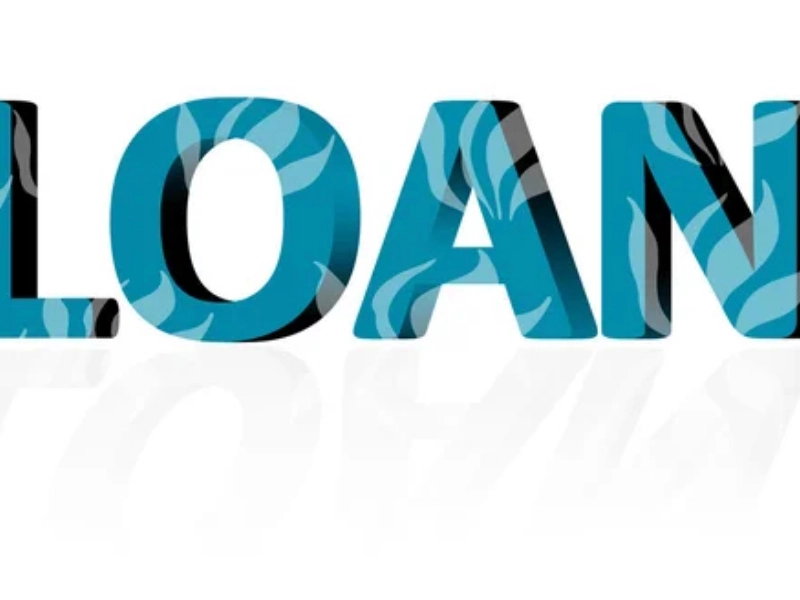You can leverage your home equity for other purposes, such as debt consolidation or house upgrades, by taking out a second mortgage. To qualify, though, you need to have a lot of home equity and a solid credit history. Generally, second mortgage interest is tax-deductible. There are two main categories of second mortgages available to borrowers. Both demand a protracted application procedure and copious amounts of financial data.

 With the equity they have accumulated in their most precious asset—their home—homeowners can access substantial sums through a second mortgage, sometimes referred to as a junior lien. Home equity loans (lump sum) and home equity lines of credit (HELOCs, revolving credit) are the two primary categories of second mortgages.
Borrowers usually incur more debt in addition to their primary mortgage when they utilize a second mortgage. Borrowers should carefully examine their monthly spending plan to make sure they have enough money set aside for unforeseen emergencies as well as to comfortably pay off any new debt.
Due to the fact that a second mortgage adds to the amount of liens on a home, borrowers should be aware that they run the possibility of foreclosure and credit score damage if they default on their loan. To protect themselves against financial difficulty, borrowers should think about other possibilities like refinancing, forbearance, or loan modification. Individuals who are having trouble making their mortgage payments ought to consult with knowledgeable mortgage and financial experts in order to determine their alternatives.
With the equity they have accumulated in their most precious asset—their home—homeowners can access substantial sums through a second mortgage, sometimes referred to as a junior lien. Home equity loans (lump sum) and home equity lines of credit (HELOCs, revolving credit) are the two primary categories of second mortgages.
Borrowers usually incur more debt in addition to their primary mortgage when they utilize a second mortgage. Borrowers should carefully examine their monthly spending plan to make sure they have enough money set aside for unforeseen emergencies as well as to comfortably pay off any new debt.
Due to the fact that a second mortgage adds to the amount of liens on a home, borrowers should be aware that they run the possibility of foreclosure and credit score damage if they default on their loan. To protect themselves against financial difficulty, borrowers should think about other possibilities like refinancing, forbearance, or loan modification. Individuals who are having trouble making their mortgage payments ought to consult with knowledgeable mortgage and financial experts in order to determine their alternatives.
 A second mortgage gives homeowners access to significant sums by drawing on the equity they have accrued in their house. It can be utilized for several things, such as debt repayment and home improvement initiatives. People should carefully consider the benefits and drawbacks of this kind of funding.
In contrast to credit cards or personal loans, which are normally non-revolving loans, second mortgages have fixed loan terms with principal and interest paid each month. For those who are having financial difficulties or are juggling multiple debt responsibilities, this may make them easier to handle. Furthermore, it's possible to deduct the interest paid on a second mortgage from taxes.
The same procedures that apply to getting a first mortgage also apply to getting a second mortgage, with lenders examining an applicant's assets, debts, and income. Credit checks, appraisals, and closing charges are examples of extra fees that can mount up. People should be aware of these expenses and contrast them with state lending fee rules.
A second mortgage gives homeowners access to significant sums by drawing on the equity they have accrued in their house. It can be utilized for several things, such as debt repayment and home improvement initiatives. People should carefully consider the benefits and drawbacks of this kind of funding.
In contrast to credit cards or personal loans, which are normally non-revolving loans, second mortgages have fixed loan terms with principal and interest paid each month. For those who are having financial difficulties or are juggling multiple debt responsibilities, this may make them easier to handle. Furthermore, it's possible to deduct the interest paid on a second mortgage from taxes.
The same procedures that apply to getting a first mortgage also apply to getting a second mortgage, with lenders examining an applicant's assets, debts, and income. Credit checks, appraisals, and closing charges are examples of extra fees that can mount up. People should be aware of these expenses and contrast them with state lending fee rules.
 If you take out a second mortgage using your home as collateral, you are more likely to face financial issues down the road. It's crucial to consider your options thoroughly before choosing this financing option.
You can access the equity you've accrued in your house by taking out a second mortgage. The current market value of your house less the amount still owed on your first mortgage is what's known as equity. Typically, homeowners can access this equity through a home equity loan or a home equity line of credit (HELOC). With the money, they can pay for debt consolidation, home upgrades, or other needs.
Lenders often give a lower interest rate for these loans than for credit cards or personal loans because they are backed by the equity in your house. Furthermore, you might be able to deduct the interest paid on a second mortgage from your taxes. However, compile your financial documents—pay stubs, bank and investment account records, and employment verification—before deciding to apply for a second mortgage. After that, finish your application.
If you take out a second mortgage using your home as collateral, you are more likely to face financial issues down the road. It's crucial to consider your options thoroughly before choosing this financing option.
You can access the equity you've accrued in your house by taking out a second mortgage. The current market value of your house less the amount still owed on your first mortgage is what's known as equity. Typically, homeowners can access this equity through a home equity loan or a home equity line of credit (HELOC). With the money, they can pay for debt consolidation, home upgrades, or other needs.
Lenders often give a lower interest rate for these loans than for credit cards or personal loans because they are backed by the equity in your house. Furthermore, you might be able to deduct the interest paid on a second mortgage from your taxes. However, compile your financial documents—pay stubs, bank and investment account records, and employment verification—before deciding to apply for a second mortgage. After that, finish your application.